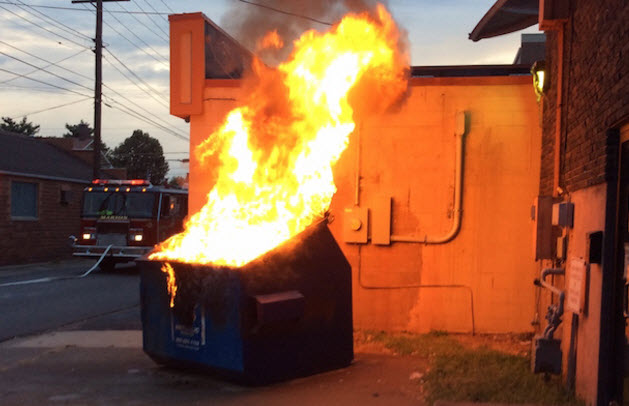Tonight, Governor Bill Lee outlined his proposed budget for 2019-2020. Lee’s budget doubles the fund for charter school facilities to $12 million. This amounts to a benefit of $342 per student (there are roughly 35,000 Tennessee students in charter schools).
Meanwhile, he announced a meager improvement to teacher salaries of around 2% – $71 million. This amounts to $71 per student.
So, charter schools — which serve only 3.5% of the state’s students — will see a 100% increase in available facility funding from the state while teachers will see only a 2% increase in pay.
If the two investments were equal and funded at the rate granted to charter schools, there would be a $342 million investment in teacher salaries. That’s roughly a 10% raise. A raise that’s desperately needed as Tennessee leads the nation in percentage of teachers with little to no classroom experience. We also have one of the largest teacher wage gaps in the Southeast.
As one Nashville teacher pointed out, Nashville – and the entire state — have a failed business plan:
I’m starting a business and looking for workers. The work is intense, so the workers should be highly skilled. Experience preferred. Starting salary is 40k with the opportunity to get all the way to 65k after 25 years of staying in the same position. See how dumb that sounds?
Now, those are numbers for Nashville. Some teachers around the state have to teach for 10 years before they even hit $40,000. Still, the point is clear: The value proposition for teachers in our state is not very good. Unfortunately, Governor Lee’s first budget is not doing much to change that. It’s the status quo. A nominal increase that will likely not entirely make it into teacher paychecks.
Tennessee’s numbers when it comes to both investment in schools and educational attainment are disappointing. Continuing along the same path means we’ll keep getting the same results.
The bottom line: Money matters.
For more on education politics and policy in Tennessee, follow @TNEdReport
Your support makes reporting education news possible!






